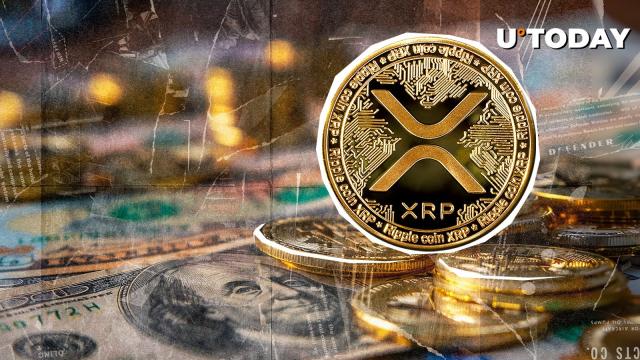
Thailand is rolling out the red carpet for crypto-spending tourists—while traditional banks scramble to keep up.
The Land of Smiles just greenlit a regulatory sandbox that'll let visitors convert Bitcoin, Ethereum, and other major cryptocurrencies directly into Thai baht. No more sketchy back-alley exchanges or wallet-emptying FX fees.
Why This Matters
Bangkok isn't just courting digital nomads—it's making a power play to become Southeast Asia's crypto hub. The Tourism Authority reportedly pushed hard for this move after seeing 63% of luxury travelers now carry crypto (and exactly 0% enjoy explaining blockchain to hotel clerks).
The Fine Print
Approved exchanges must comply with Thailand's anti-money laundering rules—so your 'meme coin casino winnings' might raise eyebrows. Conversion limits apply, but insiders whisper thresholds will be high enough to cover even the most over-the-top rooftop bar tabs.
As one finance minister quipped: 'We'll take your volatile internet money... just spend it before the next 20% swing.'
Thailand Expands Crypto Sandbox Program
The program builds on the concept first introduced by former Prime Minister Thaksin Shinawatra’s Phuket sandbox proposal, which sought to integrate Bitcoin and other cryptocurrencies as payment options in tourist-heavy areas to boost adoption.
Licensed digital asset exchanges, brokers, and dealers would be eligible to operate within The Sandbox for up to 18 months, with the possibility of extension.
Operators must adhere to strict eligibility standards, comply with service limitations, observe spending caps for tourists, and follow anti-money laundering rules to participate.
However, the initiative has raised concerns among some industry voices.
The Tourism Council of Thailand (TCT) cautioned that the government should ensure the readiness of the entire ecosystem before launching the program.
Bhummikitti Ruktaengam, TCT’s vice president, highlighted that many local stakeholders, including those in Phuket, remain unaware of the ongoing public consultation process.
THAILAND OPENS DOORS TO CRYPTO-SPENDING FOR TOURISTS
– Thailand is rolling out a bold new initiative—foreign tourists can now convert crypto into baht and spend it across the country.
Key Details:
– Thailand’s SEC and central bank have launched a crypto sandbox. It lets… pic.twitter.com/8IsHOaOcU7
Money laundering remains a significant worry, particularly with the increase of illicit foreign businesses operating in Phuket.
Without clear regulatory frameworks, there is a risk that crypto exchanges could be exploited for illegal activities.
Tourism operators are also seeking clarity regarding which crypto assets will be accepted and the scope of permitted exchange services.
More Countries Consider Crypto Payments for Tourists
In May, Bhutan introduced an initiative that allows tourists to pay for nearly every aspect of their visit using cryptocurrency.
The country has partnered with Binance Pay and DK Bank to create the world’s first national-level crypto tourism payment system.
The system enables travelers with Binance accounts to use digital assets for payments ranging from airline tickets and visa fees to hotel stays, tours and even roadside fruit stalls.
Likewise, Binance Pay has teamed up with French fintech Lyzi to bring cryptocurrency payment options to over 80 businesses along the French Riviera, including hotspots like Cannes, Nice, Antibes, and Monaco.
Customers, both visitors and locals, can now pay using stablecoins and other cryptocurrencies at various establishments such as hotels, restaurants, and luxury retailers by simply scanning a QR code.
The system offers instant transaction confirmation without gas fees, while merchants receive immediate euro settlements through the platform’s integration.







